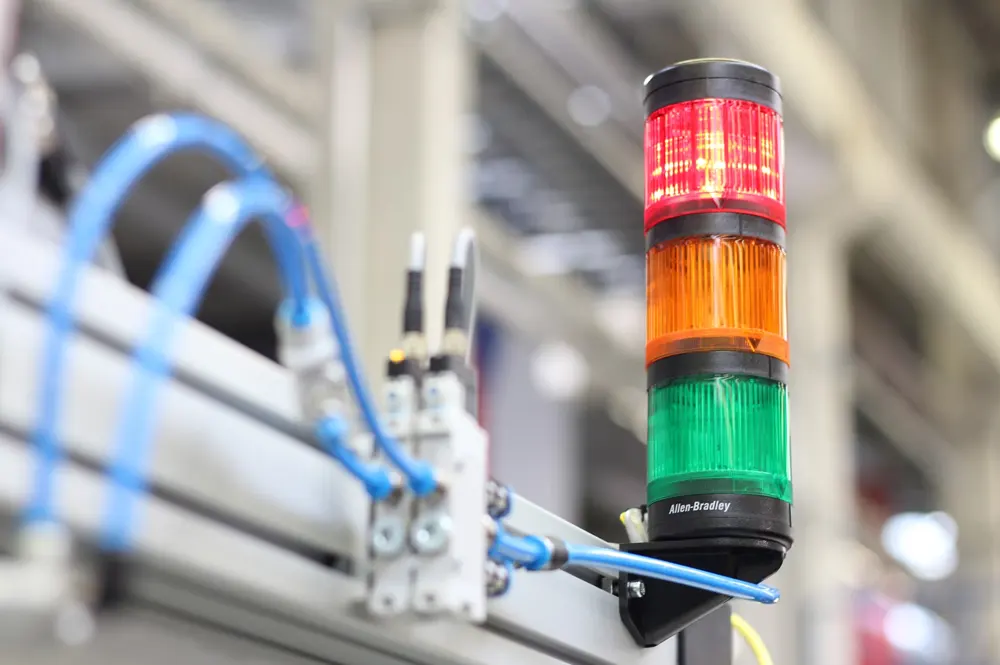Many vehicles are now equipped with run-flat tires. These tires let you continue driving for nearly 100 miles after a tire puncture or blowout occurs. Such tires allow you extra time to get to a safe, convenient location for a tow or tire replacement. Run-flat tires generally function like regular tires, with a few notable differences. Here are the pros and cons of these tires.
Pros:
- More stability—Run-flat tires allow you to maintain better control in a complete air-loss situation.
- No need for a spare—By having run-flat tires, you won’t need to worry about carrying a spare tire or changing a damaged tire immediately in a potentially unsafe location.
- Extra reinforcement—Run-flat tires possess added sidewall reinforcements, resulting in a firmer ride.
Cons:
- Continued blowout risks—You must still adhere to tire range and speed limitations to avoid blowouts while driving with run-flat tires.
- Cost concerns—Patching run-flat tires isn’t recommended, and these tires are more expensive to replace.
Contact BHC Insurance for additional driving safety guidance.








